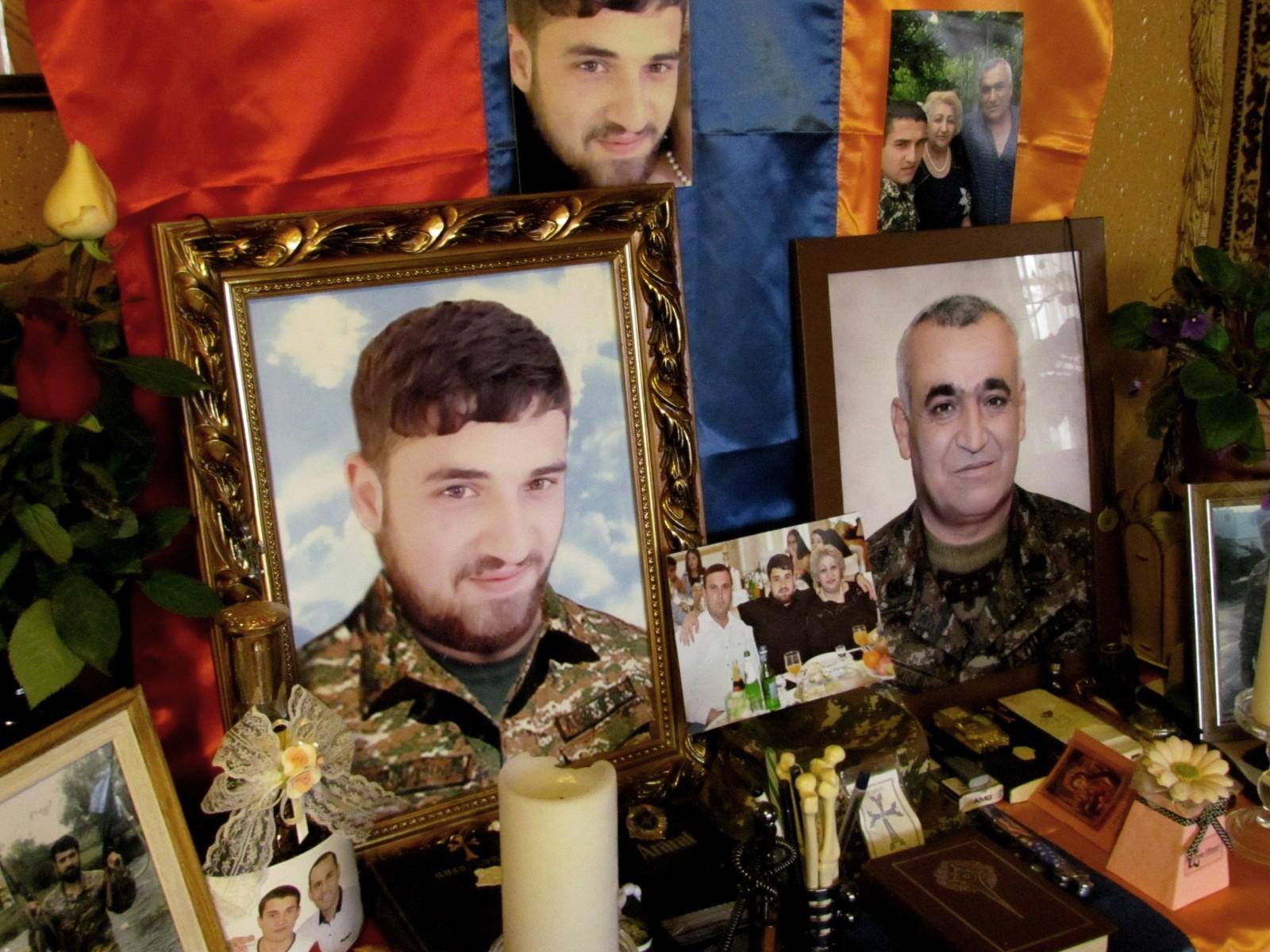
One Day Apart: Father and Only Son Killed in Artsakh War
Ninety-year-old Zhenya Sargsyan sits in a dimly lit room waiting for her son and grandson to return.
She strains to hear any movement at the door. Hearing none, she settles back down in her chair.
Mrs. Sargsyan believes her son Tigran and grandson Karen are working somewhere abroad and will soon return. The two died, one day apart, in the recent Artsakh war
The old woman has no inkling of the truth. She seems to overlook the photos of Tigran and Karen on the chest of drawers and the lit candles. If she does, she doesn’t put two and two together, that they won’t be coming home.
Tigran Sargsyan and his 22-year-old son Karen lived in Tziatzan, a village in Armenia’s Armavir Province.
Tigran's sister, Anahit Sargsyan, and their 90-year-old mother live in the same house.
Karen was a third-year student at Yerevan’s Heratsi Medical University. Classes were online, allowing him to work part-time and support the family a bit.
Anahit Sargsyan says Karen and her other nephew received a mobilization notice on the first day of the war, September 27, as reservists.
Karen was Tigran’s only son. Nobody imagined that the notice would be so life changing.
"We did not realize that a war had broken out. I work in the community hall. We were told that there would be a three-day gathering and military training,” says Anahit Sargsyan.
Karen left for Artsakh the next day, on September 28. He was to serve as a paramedic. The other nephew left a few hours earlier.
Tigran Sargsyan volunteered for the war that same day. He told no one. Tigran, who had suffered a stroke and was fitted with a stent, was accepted and left for Artsakh on October 3 as a driver.
Karen found out that his father was also leaving for Artsakh. Anahit Sargsyan could not stop her brother from going.
"Until the last day, Karen did not tell me that their situation was quite bad. We found out later. We were never told where he was. On October 13, at 07:30, he informed his godfather by text message that they were near Jabrayil," says Anahit Sargsyan, adding that Tigran had gone to Jabrayil (Mekhakavan) the same day to see his son.
Three days earlier, Tigran had driven the body of a soldier from Tziatzan to the Goris morgue.
Tziatzan’s mayor and relatives of the dead soldier were on hand to take the body. Seeing Tigran's poor health, they pleaded with him to return home. Anahit Sargsyan also called her brother, asking him to come back.
"He would tell me that sitting at home, we couldn’t imagine what was happening. He said that he’d witnessed eighteen-year-old kids being killed. ‘What will I tell their parents?’ he’d ask,” says Anahit Sargsyan.
On the morning of October 13, Tigran called his sister and said that the unit commander had demanded that he return home. His legs were swollen, and he had difficulty walking.
“We were so pleased that Tigran was coming home. But now, I feel guilty. I asked him if he’d be returning without seeing Karen. He replied that he would see Karen. That was our last conversation. Tigran died that day. We heard the news on October 14," says the sister.
The last time Anahit Sargsyan talked to Karen on the phone was on the evening of October 13. She got the feeling that something was not right.
"He’d say that everything was alright and that I should take care of myself. Got mad at him for saying this, as if it was a final farewell. He asked how his father was, and I said that I had talked to him in the morning, that he was fine. We were told he had gone as a paramedic, but then his friends showed videos of him on a cannon. He served as a conscript paramedic. He never fired anything but a machine gun. So, what was he doing shooting artillery?” Anahit Sargsyan asks.
She says that her brother’s body was transferred to Etchmiadzin the day after he died. However, at her request, he was kept in the morgue for six days. Karen was never found.
"I waited every day with hope. I was told that the boys' phones had been taken from them. They were hiding in the woods, it was dangerous. They could not get in touch. I waited impatiently for Karen to call. He was very secretive. We did not hear a word from him. At the same time, he was full of life. We thought he would make it through somehow,” says Anahit Sargsyan.
She later found out that on the day of Tigran's funeral, Karen's mother was summoned to Yerevan for a DNA test.
Based on the results, Karen’s body was identified Karen's body was identified on November 18, thirty-six day after anyone had heard from him.
"I am still in a state of uncertainty. Nothing jives. Why didn't they move the body the same day? Why didn’t they report news of his death the same day? I don’t believe that my Karen was killed. I don’t believe in the DNA results. An inner voice tells me that Karen is alive. He could not leave me alone. It's a dark story, I don't understand," says a tearful Anahit Sargsyan.
She says that personal belongings, except for phones, were shipped back along with her brother's body.
In early November, when Tigran had already been buried, an SMS was received from his phone in Armenian calling on Armenians to give themselves up, carrying white flags, to Azerbaijani servicemen.
She found out later, through Armenia’s National Security Service, that the phone was in the hands of the Azerbaijanis.
None of Karen’s belongings were ever returned.
 Videos
Videos Photos
Photos
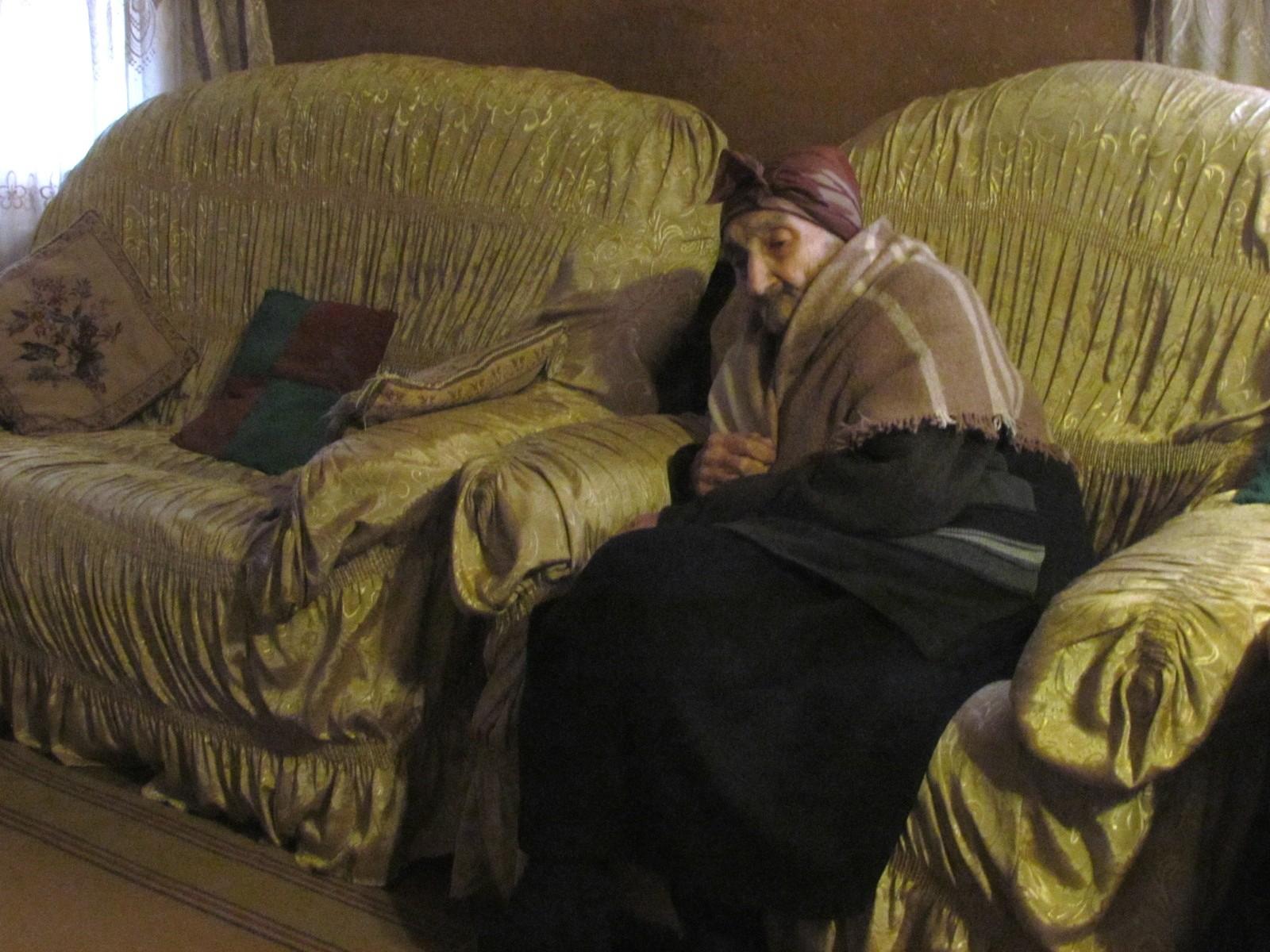
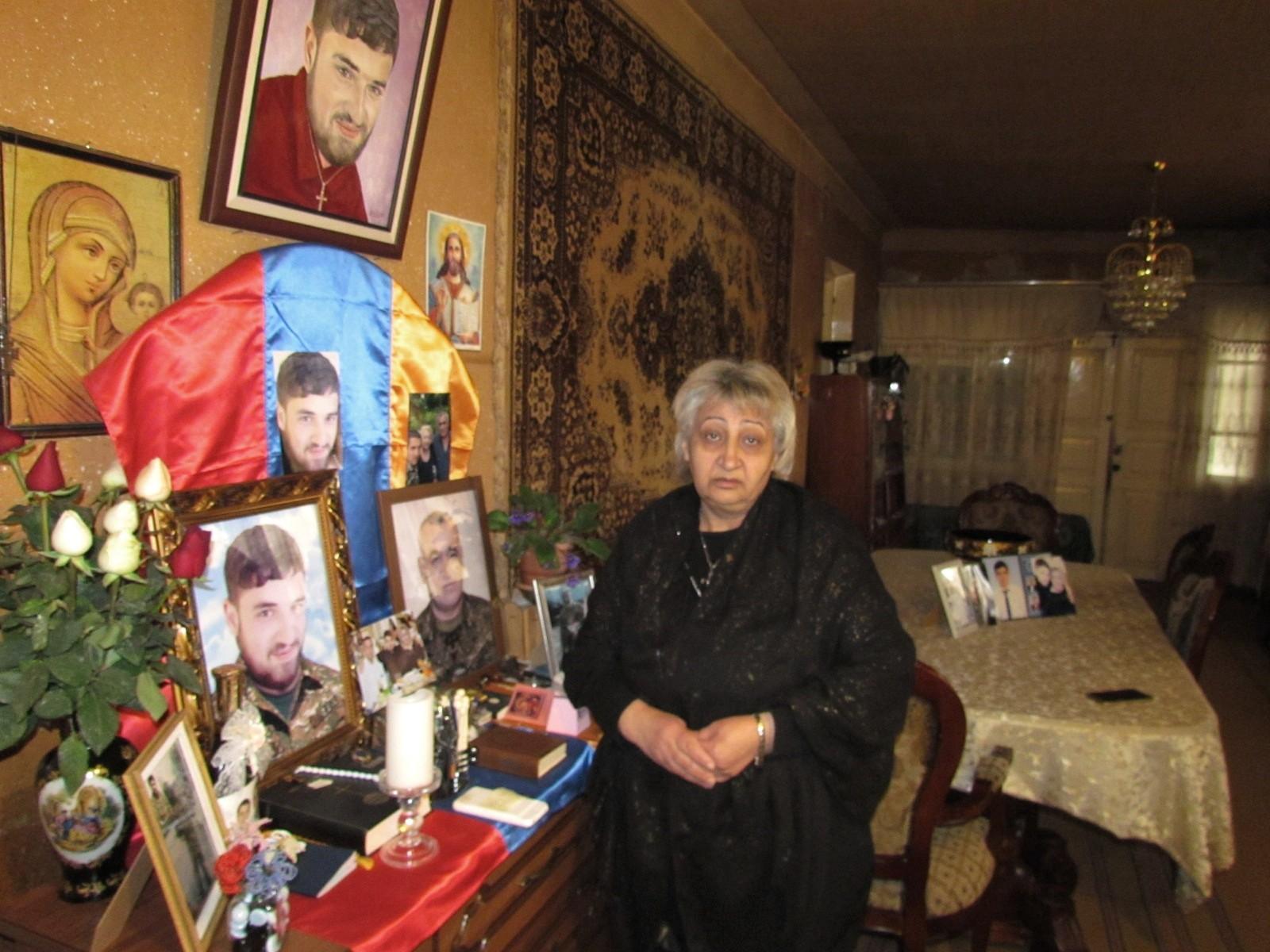
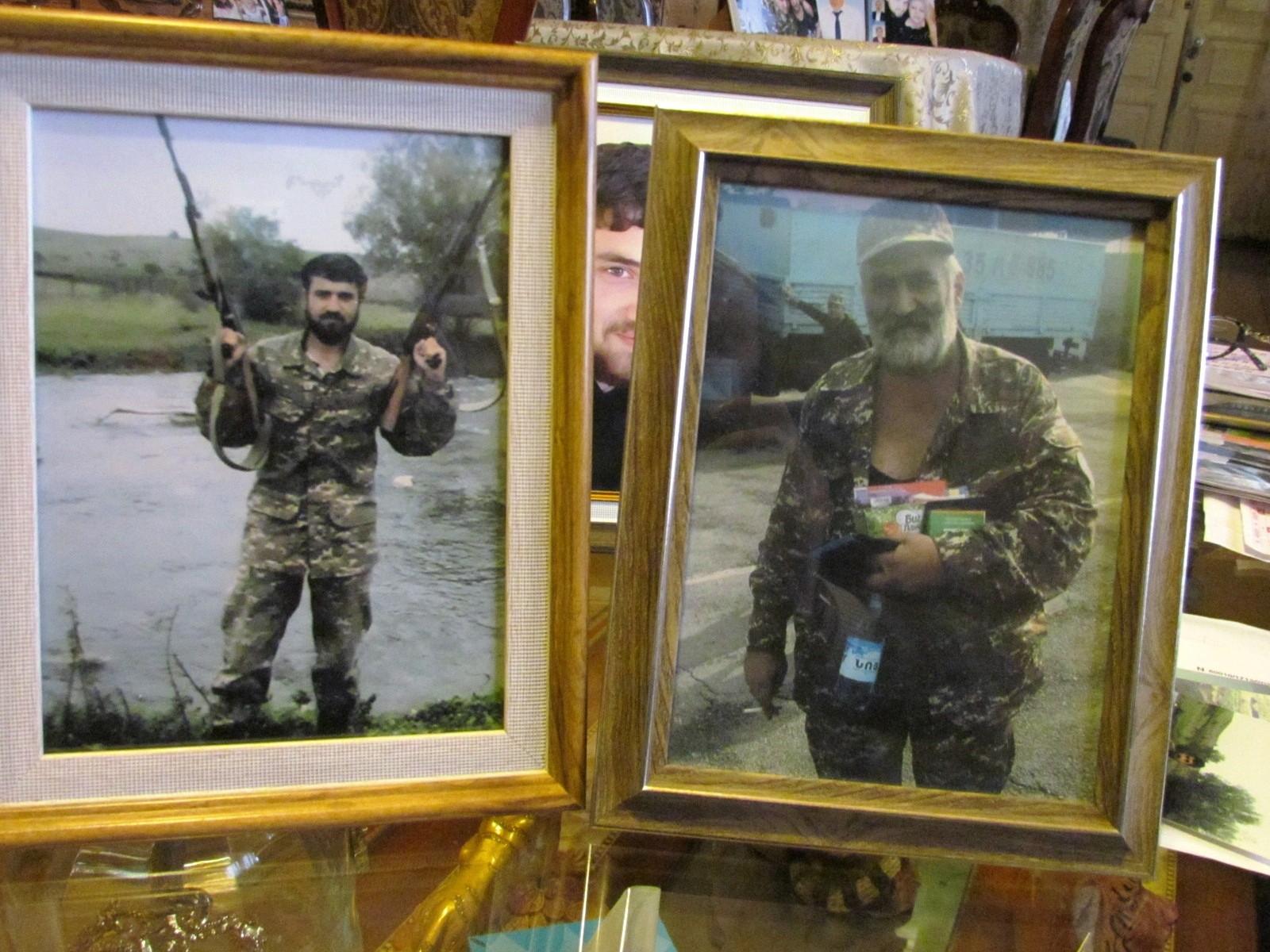
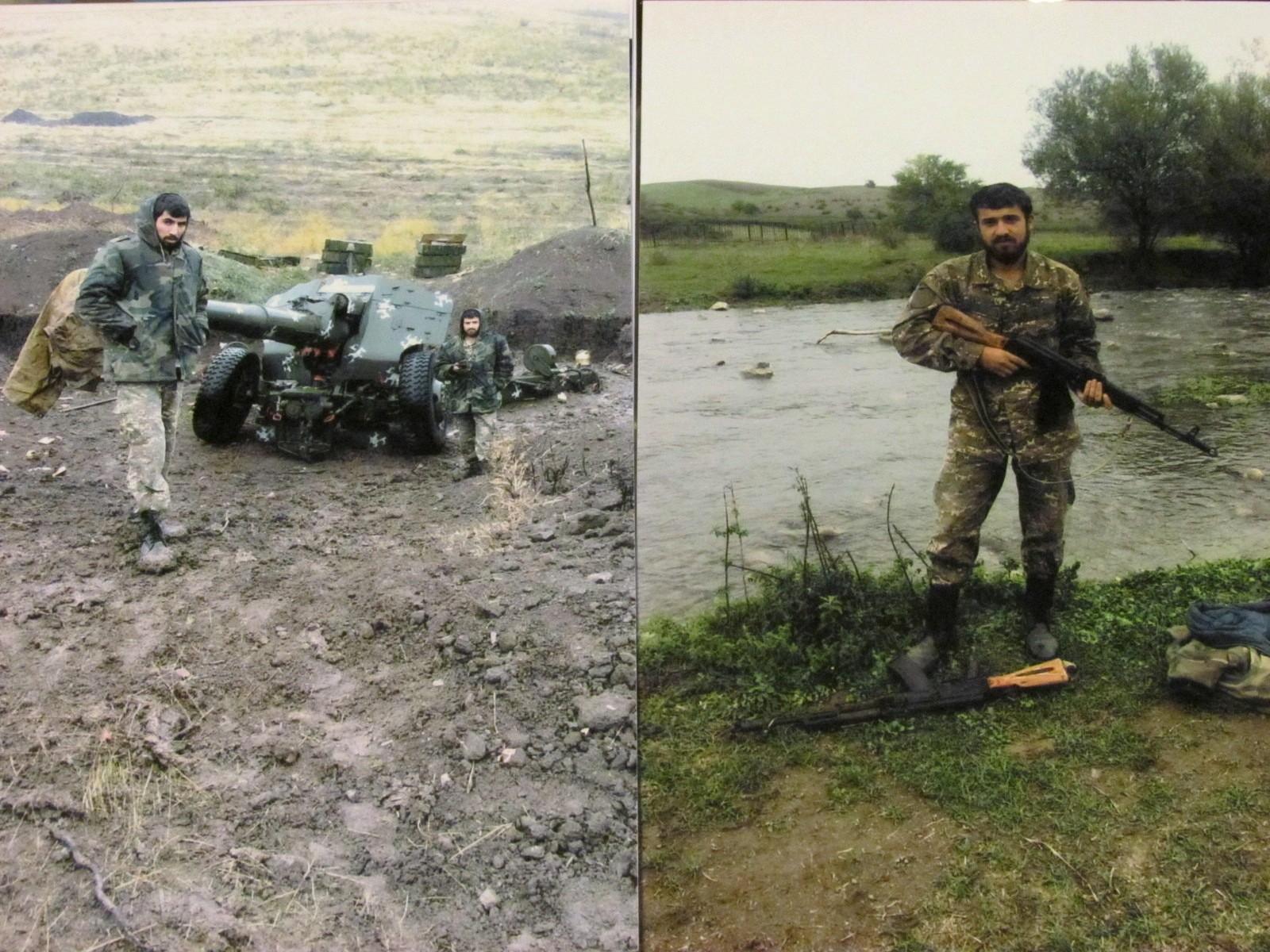
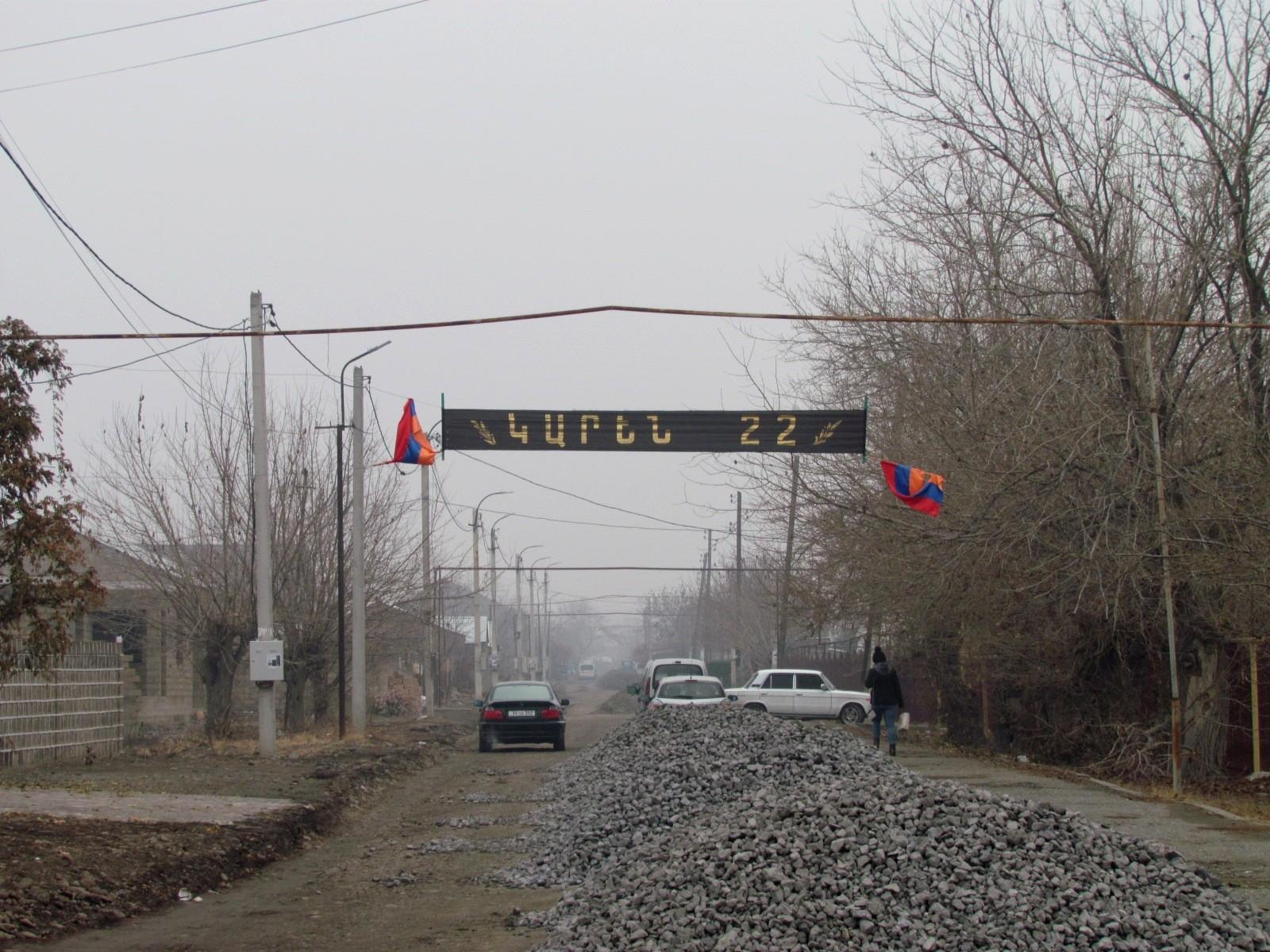
Write a comment